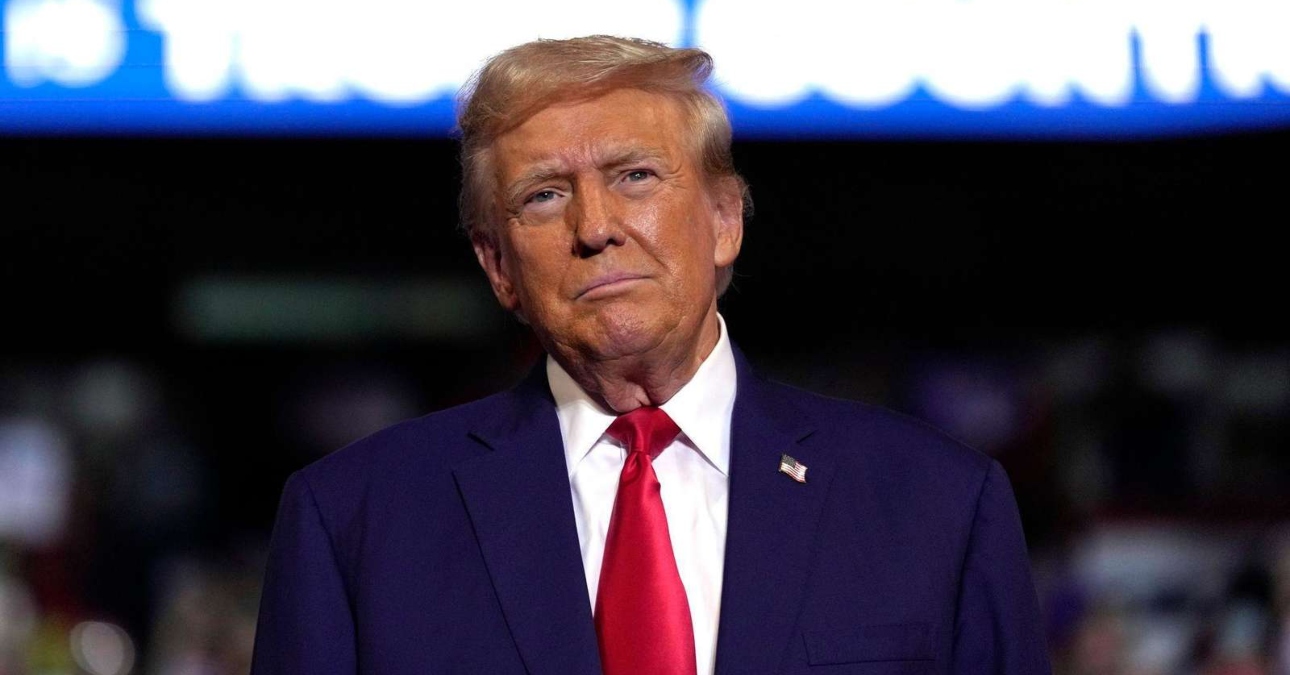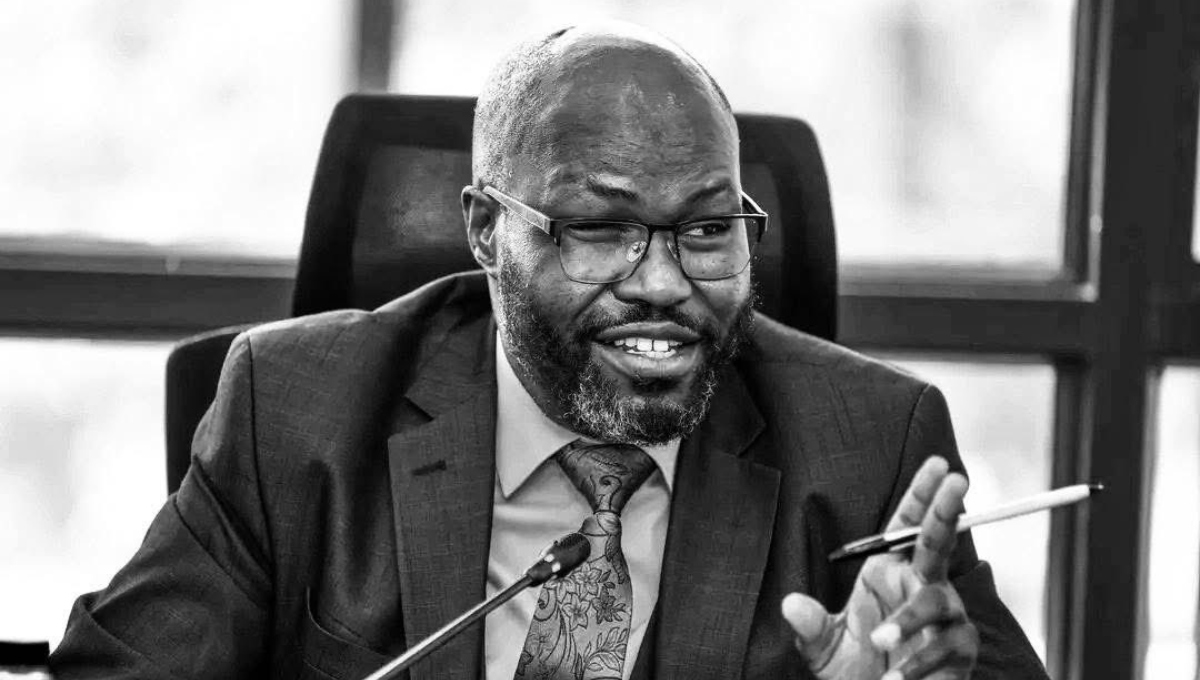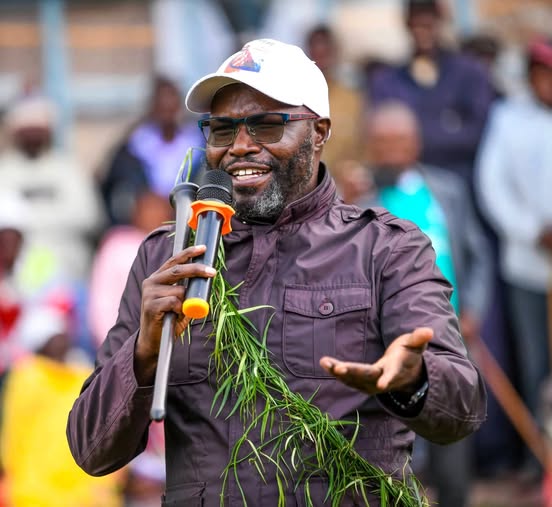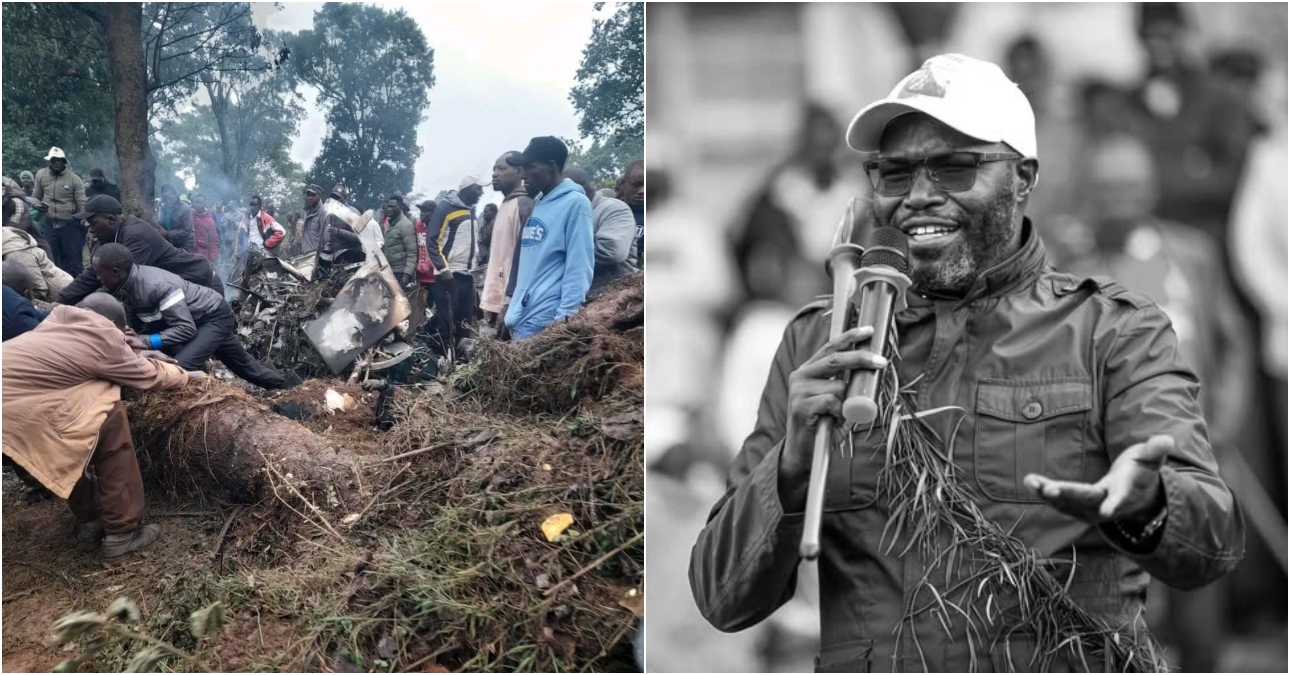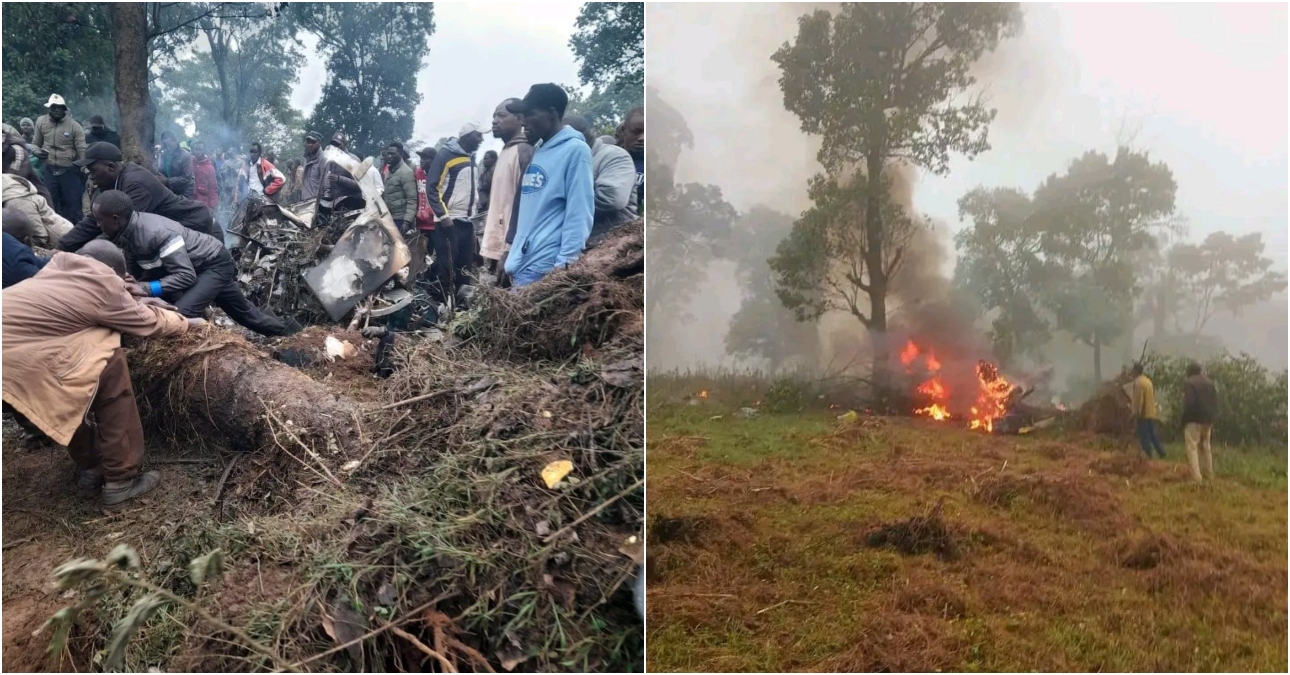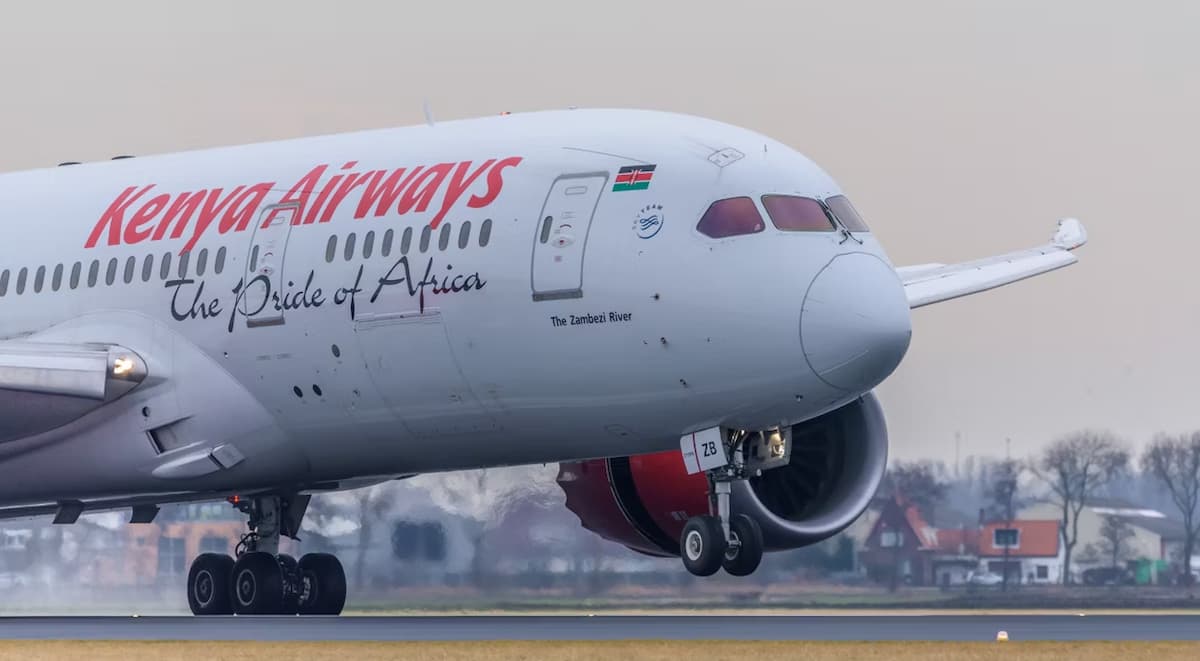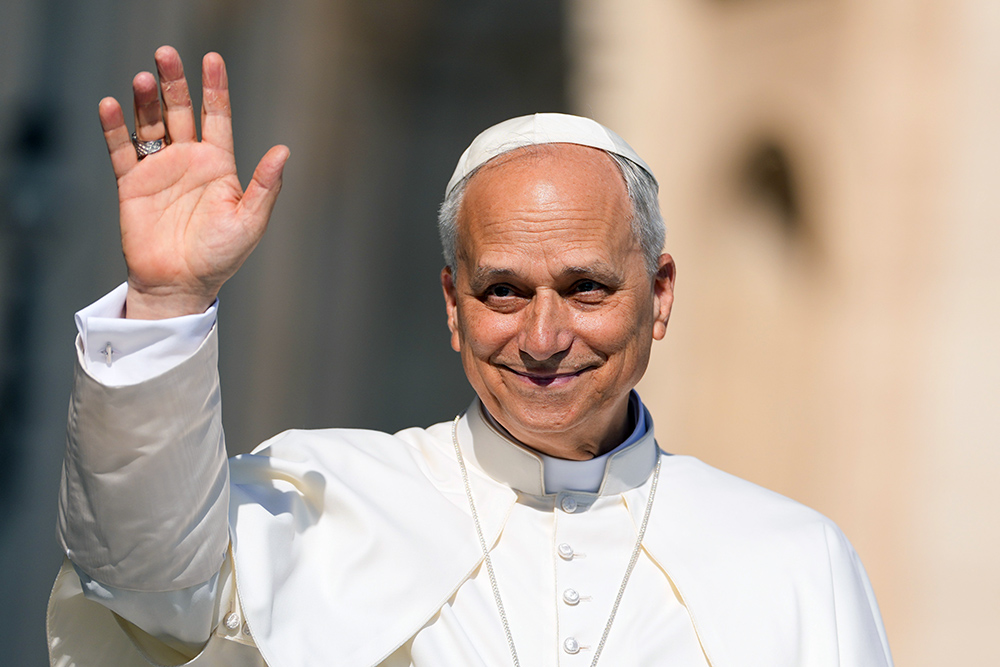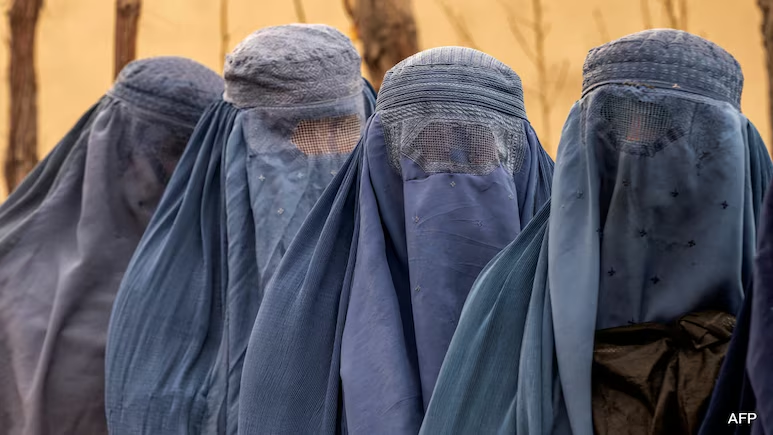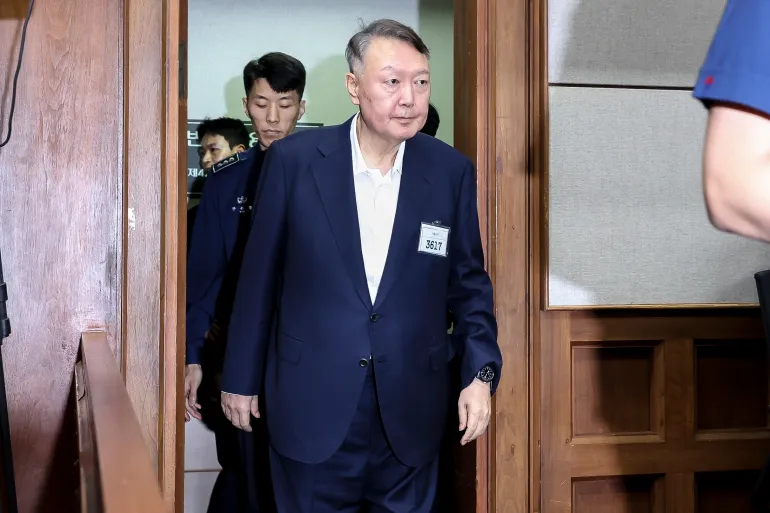President Donald Trump has announced a significant and controversial policy proposal, stating that he would “permanently pause migration from all Third World Countries” if he is re-elected to office.
The pledge represents a major escalation of his previous immigration policies and signals a strong focus on limiting arrivals from developing nations globally.
“I will permanently pause migration from all Third World Countries.”
The statement was made public amidst his ongoing campaign, making it a central plank of his proposed second-term agenda on border control and national security.

The term “Third World Countries” is generally considered outdated and has been replaced in diplomatic and economic circles by classifications such as ‘developing nations’ or ‘low- and middle-income countries’. However, the policy’s stated goal is clear a complete stop to immigration from a large, unspecified list of nations.
The proposal raises immediate questions regarding implementation, including:
Which countries would fall under the “Third World” classification for the purpose of the policy?
Does it include all forms of immigration, such as economic visas, family reunification, and asylum claims?
The legal challenges it would face, given existing US and international legal frameworks for refugees and asylum seekers.
Throughout his campaigning, President Trump has consistently framed drastic immigration cuts as a matter of national security and economic protection for existing citizens.
This policy promise is expected to resonate strongly with his core supporters who prioritise stringent border measures and lower overall immigration levels. Conversely, it is likely to draw immediate and widespread condemnation from human rights organisations, immigration advocates, and the opposition party.
The policy, if enacted, would represent one of the most comprehensive restrictions on legal immigration based on national origin in modern US history.


